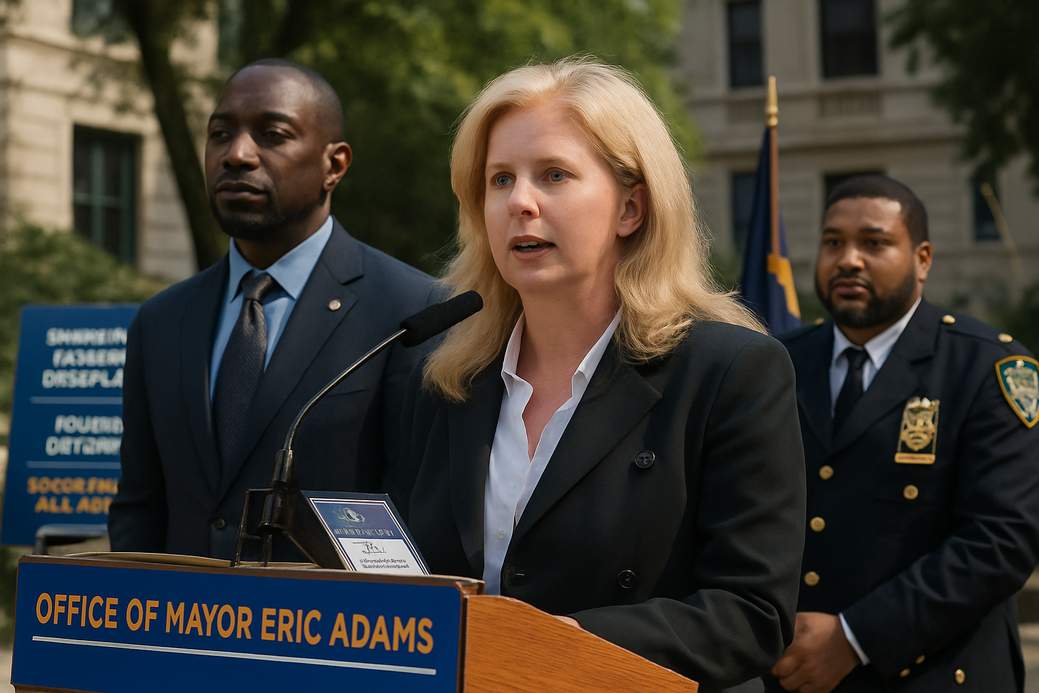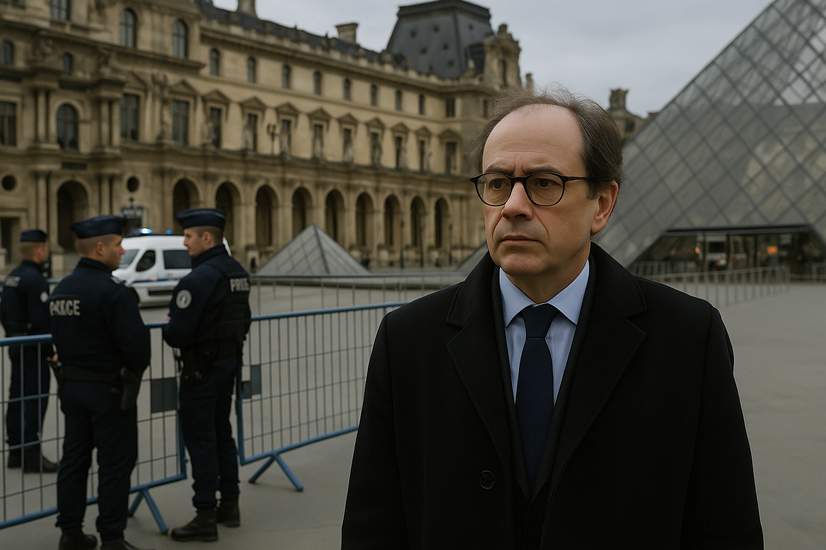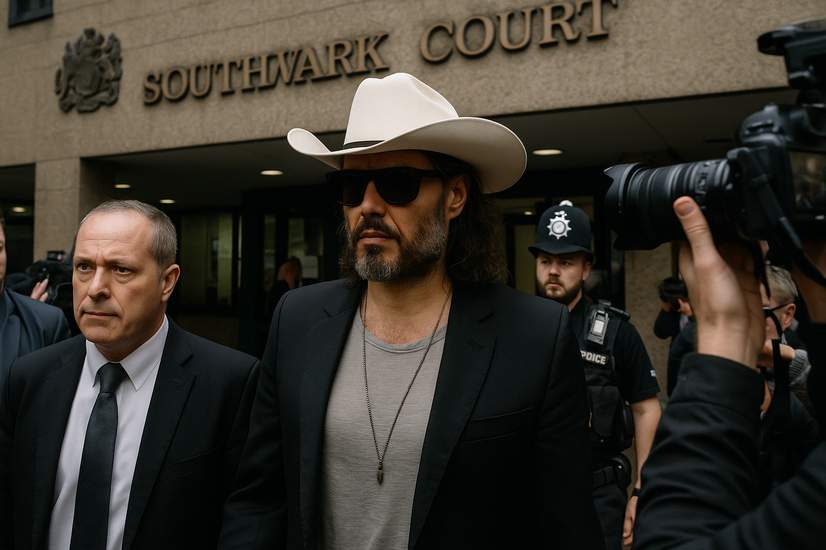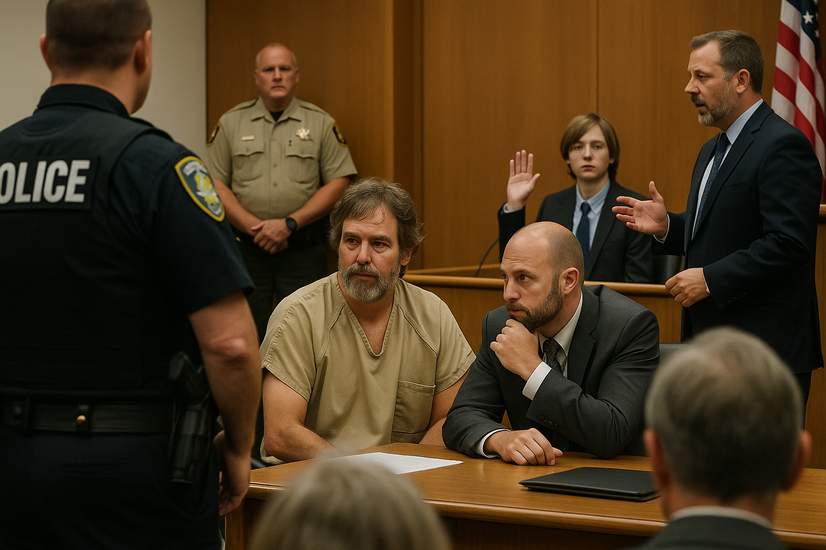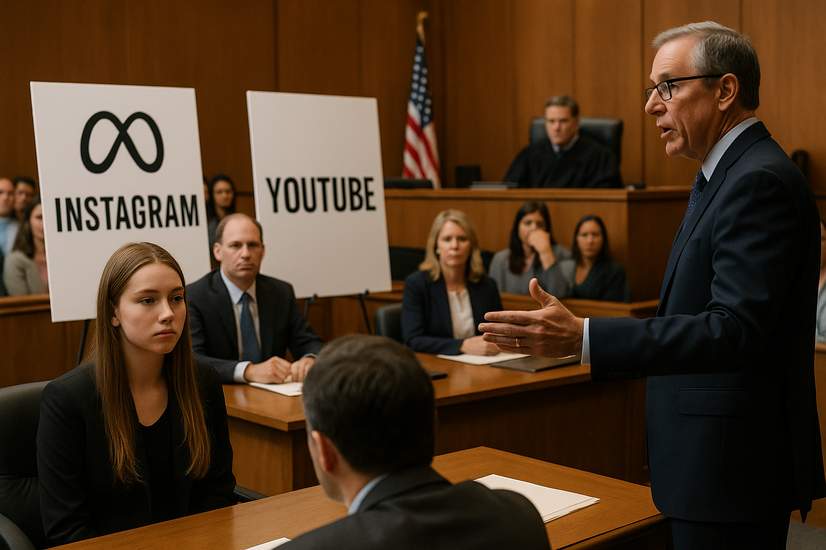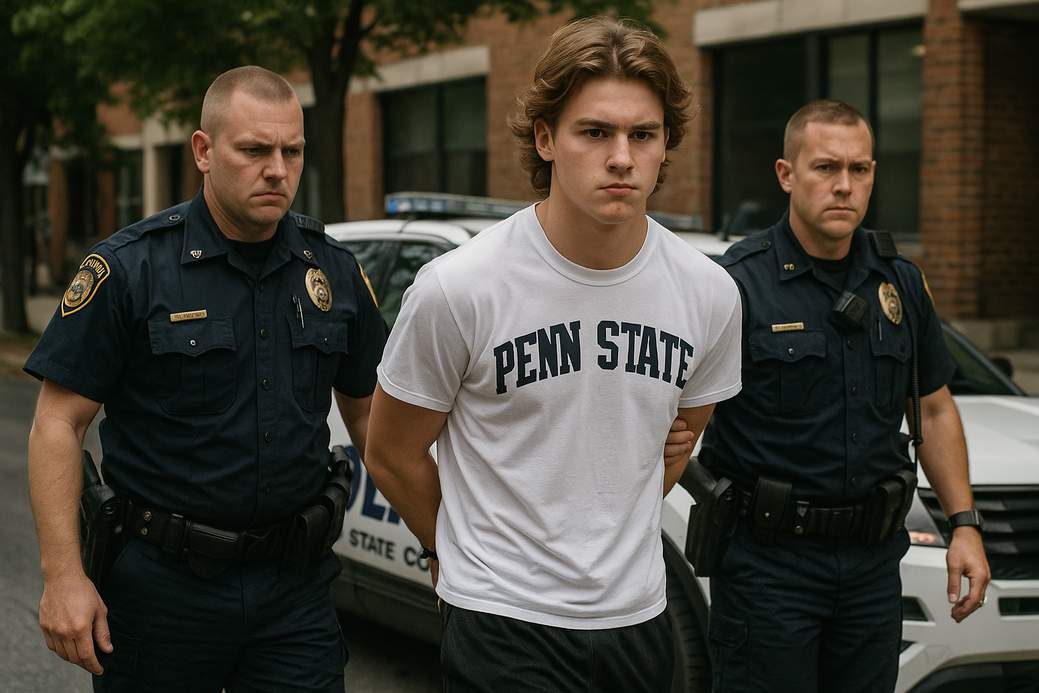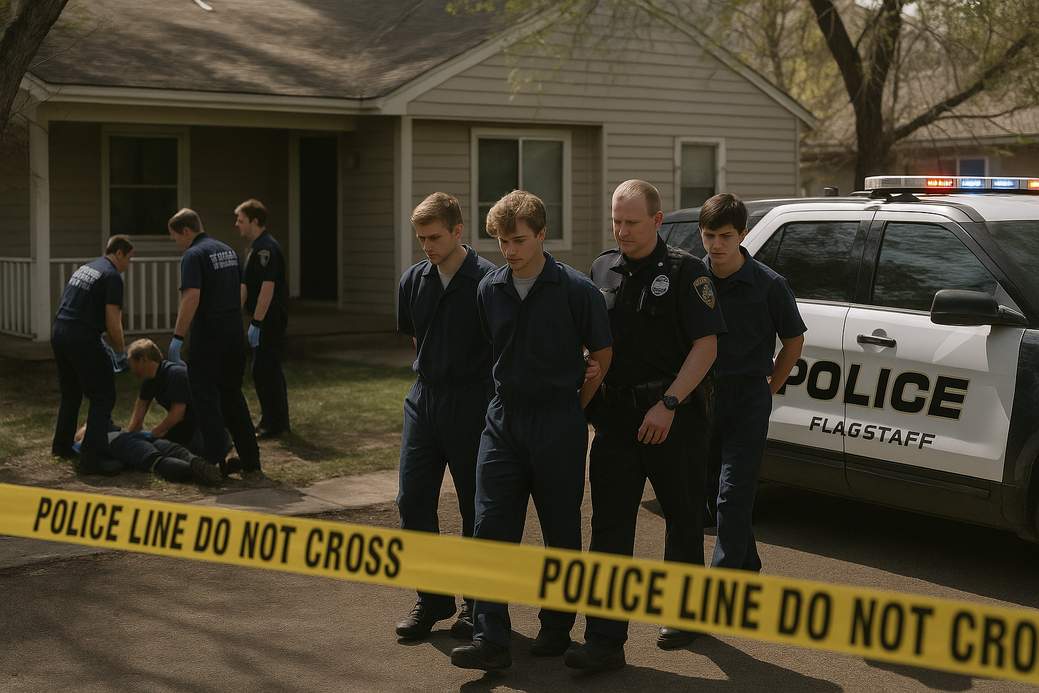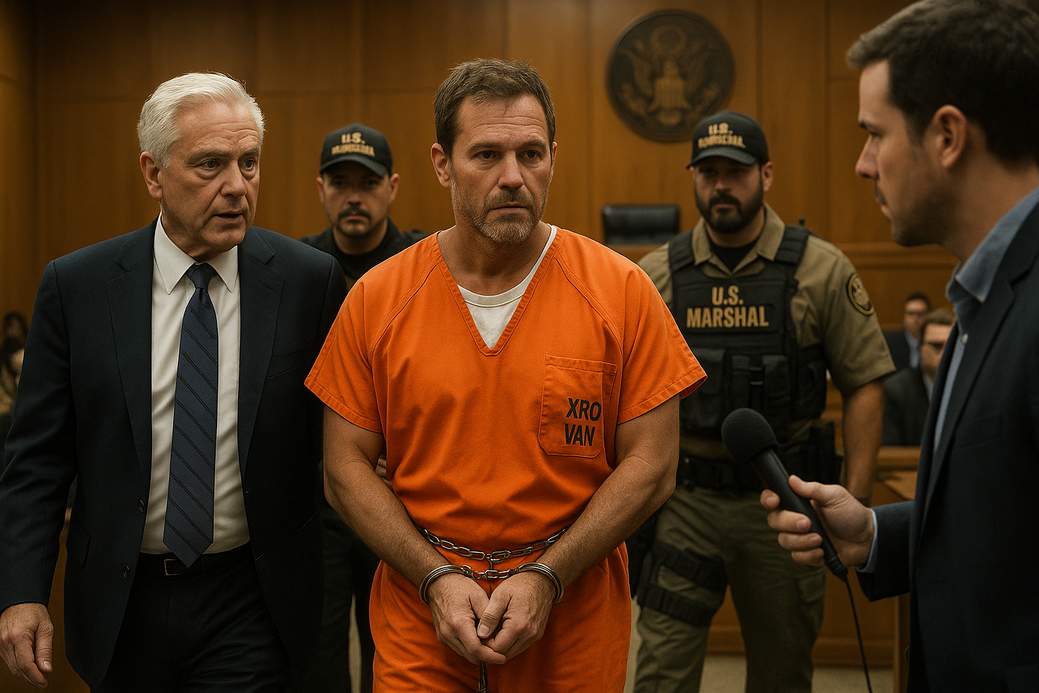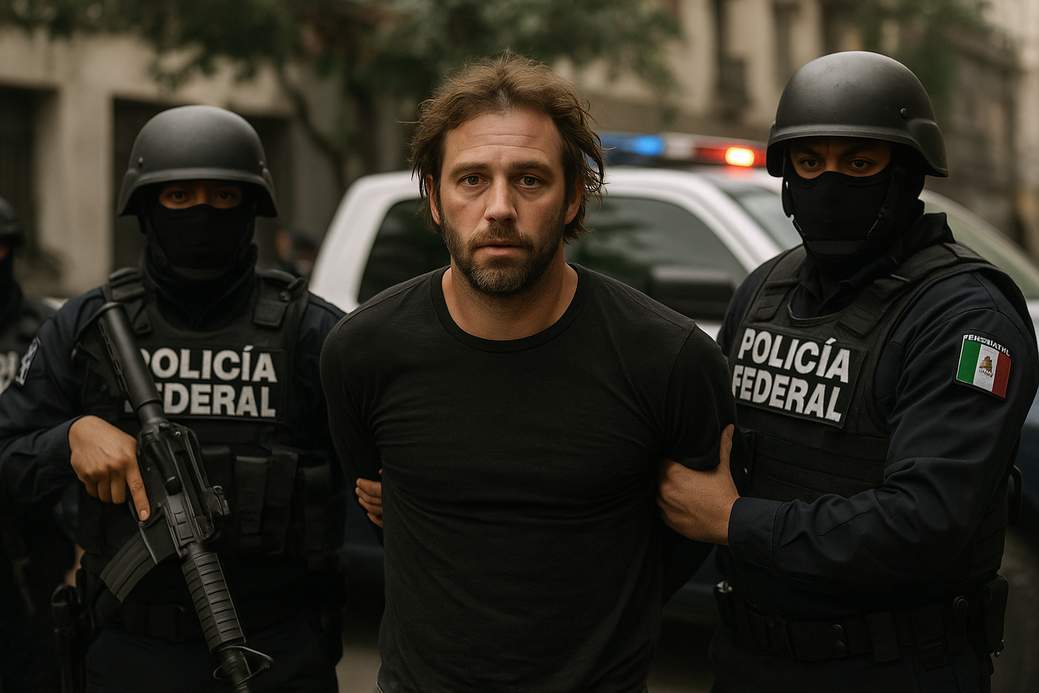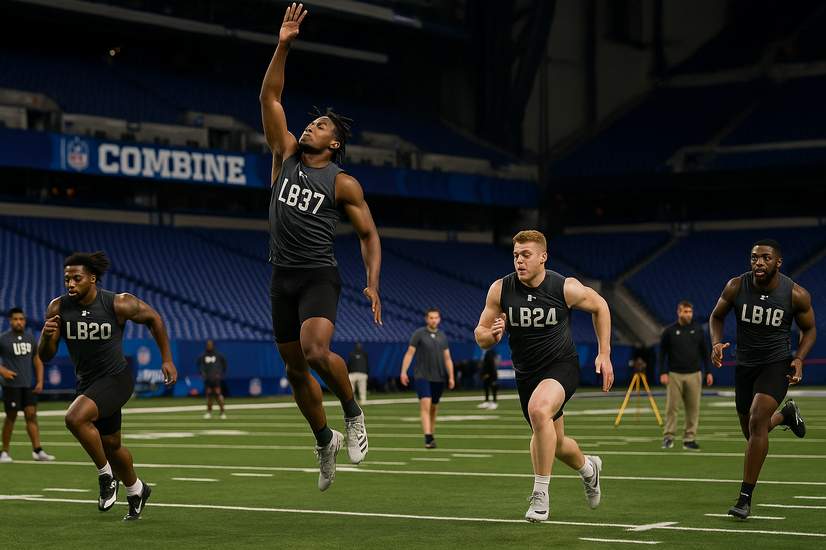Bottom line
The NYPD has taken steps to formally notify two officers that disciplinary charges will move forward in the fatal encounter with 19‑year‑old Win Rozario. The move was ordered by the police commissioner as an 18‑month deadline approached — a deadline that, if missed, would make discipline much harder to pursue.
What the commissioner did (and why the clock mattered)
The commissioner instructed department officials to serve charges on the two officers involved before the statutory time limit expired. That 18‑month window is a big deal: if internal discipline isn’t started within that period, the city’s usual administrative route can close, leaving prosecutors to try to prove criminal wrongdoing instead — a much taller task.
How the CCRB weighed in
The Civilian Complaint Review Board reviewed the case and voted to find several counts of misconduct against each officer, including allegations related to abuse of authority and excessive force. Those board findings were the spark that pushed the NYPD to act before the deadline.
A short version of what happened to Win Rozario
In March of last year, officers responded to a 911 call from Rozario, who was struggling with a mental health crisis. Body‑camera footage and reports show the officers tasered him within minutes, and then fired multiple shots. Rozario had been holding scissors at times during the confrontation. The encounter left him fatally wounded, and the state attorney general’s office is conducting a criminal inquiry into the death — a standard procedure for civilian deaths during police encounters.
Public reaction and a family rally
The family, along with elected officials and advocates, marched to police headquarters to demand accountability. Their pressure — and similar calls from community leaders — helped bring attention to the looming deadline and the need for the department to move on discipline.
Union response vs. the board
The officers’ union defended their members, saying police had to make split‑second decisions in a difficult situation. The union also criticized the CCRB for changing initial findings and called that change rare and unfair. The CCRB pushed back, saying its process is impartial and that board determinations reflect a careful review of the evidence.
Why evidence delays have been a recurring problem
Past disputes between the NYPD and the CCRB have often hinged on how quickly the department hands over critical evidence, like body‑worn camera footage. Delay tactics — whether intentional or bureaucratic — have extended investigations and sometimes caused cases to miss discipline deadlines. One high‑profile example involved a 2019 shooting in the Bronx where missing footage contributed to the loss of an administrative disciplinary route.
Recent policy changes and what they mean
The commissioner has previously moved to stop a practice where late‑arriving CCRB cases were automatically dismissed. The department also said it would start providing evidence to the board within a set timeline. Still, disputes about timing and transparency persist, and they continue to shape whether discipline can proceed administratively.
Where things go from here
The officers have been formally served with departmental charges. That starts an internal disciplinary process that can include hearings and recommendations. Ultimately, the police commissioner retains final authority over discipline; even after a trial, the commissioner decides if and how officers are punished. Separately, the attorney general’s criminal investigation continues, meaning the case could play out in two different arenas.
Takeaway
This development doesn’t close the book — it opens a new chapter. Administrative charges mean the department is treating the matter as a personnel issue, but criminal scrutiny remains. For the family and the public, the action signals that the clock prompted a decision; for critics it raises fresh questions about timing, transparency and how city systems handle police accountability.

